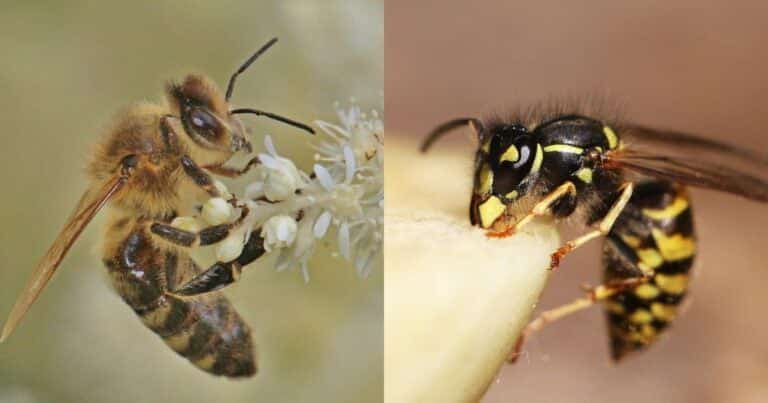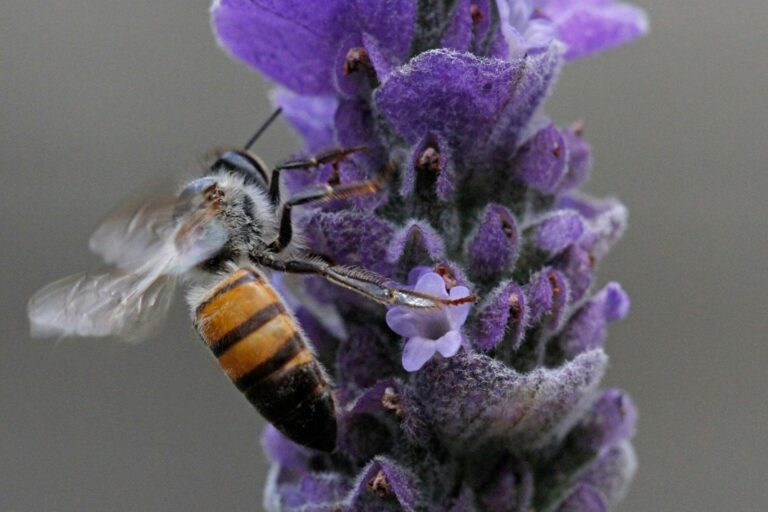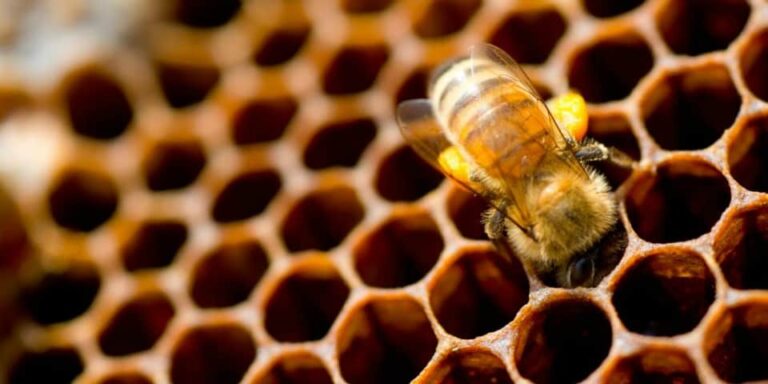Manuka Honey For Sale
Mysterious Manuka There is no doubt that honey is the nectar of the gods. Best known as a food sweetener that makes breakfasts, desserts and…
Mysterious Manuka
There is no doubt that honey is the nectar of the gods. Best known as a food sweetener that makes breakfasts, desserts and the humble cup of tea irresistible, honey has many other quite profound qualities. This is especially true for the variety known as manuka honey.
Generally, honey’s major benefit is its rich antioxidant content, including phenols, enzymes and compounds such as flavonoids and organic acids. High-quality raw honey rivals many fruits and vegetables, containing the same number of antioxidants as spinach, apples, oranges and strawberries.
And as many of us now know that our bodies are under attack by a process called “oxidative stress”, it becomes as important as ever to combat free radicals found in chemicals, processed foods, alcohol, tobacco smoke, pesticides and pollutants. There is great concern that these are connected with much human disease, including cancer, atherosclerosis, Alzheimer’s, Parkinson’s and premature aging. By combatting free radicals, honey—a leading antioxidant rich food—helps fight these forms of disease.
But manuka honey has some extra qualities that set it apart. Manuka honey is produced by bees that pollinate the flowers of the manuka bush (Leptospermum scoparium). While all honey has been used medicinally since ancient times, manuka honey’s unique and enhanced qualities were not identified until the 1980s. But at the moment, there is some debate around this superfood: the manuka plant (referred to as tea tree in Australia) is native to New Zealand, but also to south-eastern Australia. Currently, there is controversy as to which country produced this honey first, and to whom the ‘real’ manuka honey trademark belongs.
So, what makes manuka honey special? Manuka’s unique trait is its high antibacterial quality. As found by researchers in Germany at the University of Dresden, the active ingredient, Methylglyoxal, is most likely responsible for these effects, and this honey variety has traditionally been used for wound healing, preventing tooth decay, soothing sore throats, and improving digestive issues. According to the Australian Manuka Honey Association, manuka actually inhibits problematic bacterial pathogens that cause disease or illness unlike any other known antimicrobial. Strong stuff!
Apply it to your wounds to prevent microbial infection and create a protective barrier. Chew on a manuka honey-chew to reduce plaque and gingivitis. Put a little on a sore tooth to relieve pain. Spoon it into your mouth to aid gastric ulcers and improve digestive issues. Make sure to regulate your use, especially if you have diabetes, and be careful of manuka if you have an allergy to honey. Aside from this, manuka honey is a remarkable feat of nature should take prominent place in every home, as food and as remedy.
Manuka Honey For Sale Melbourne



